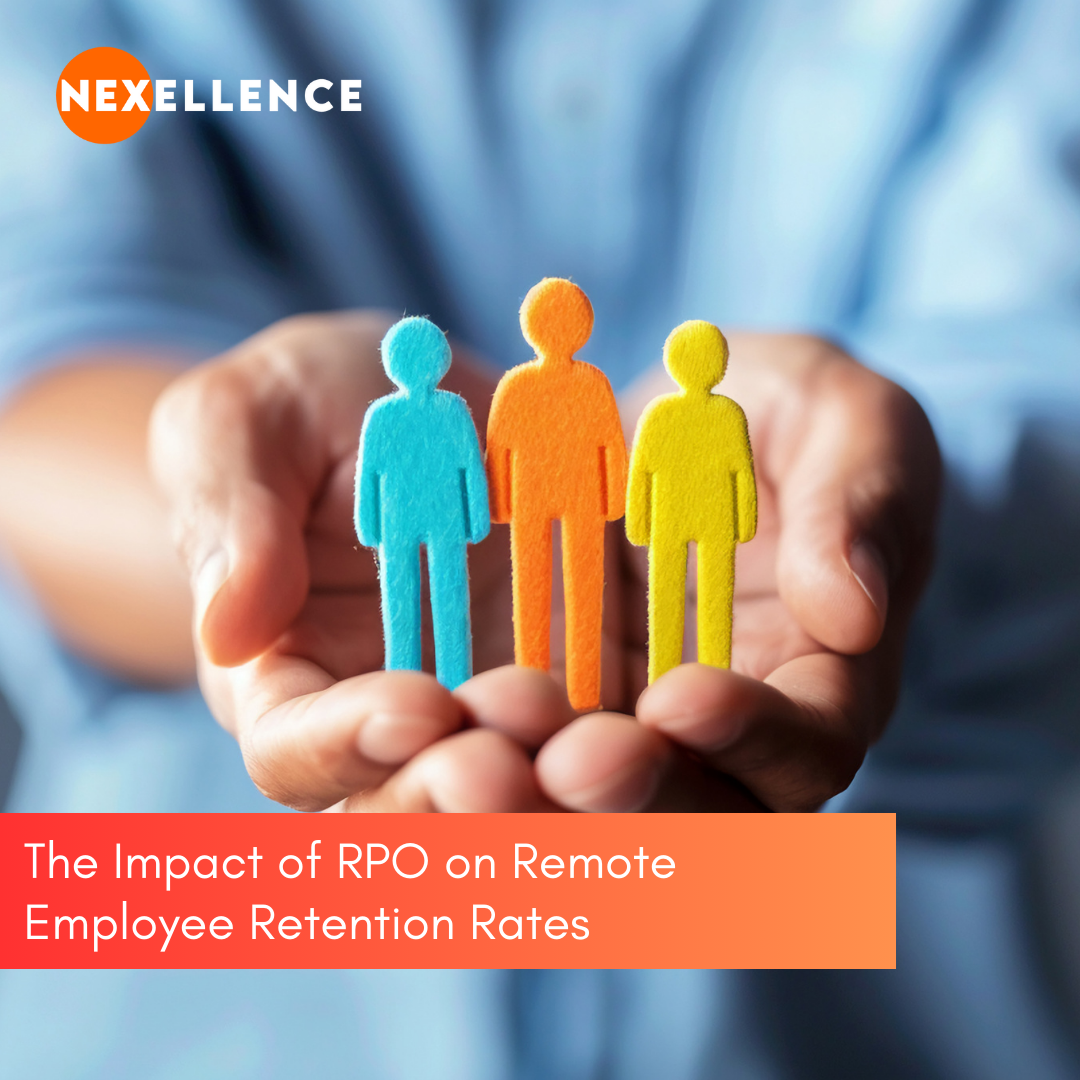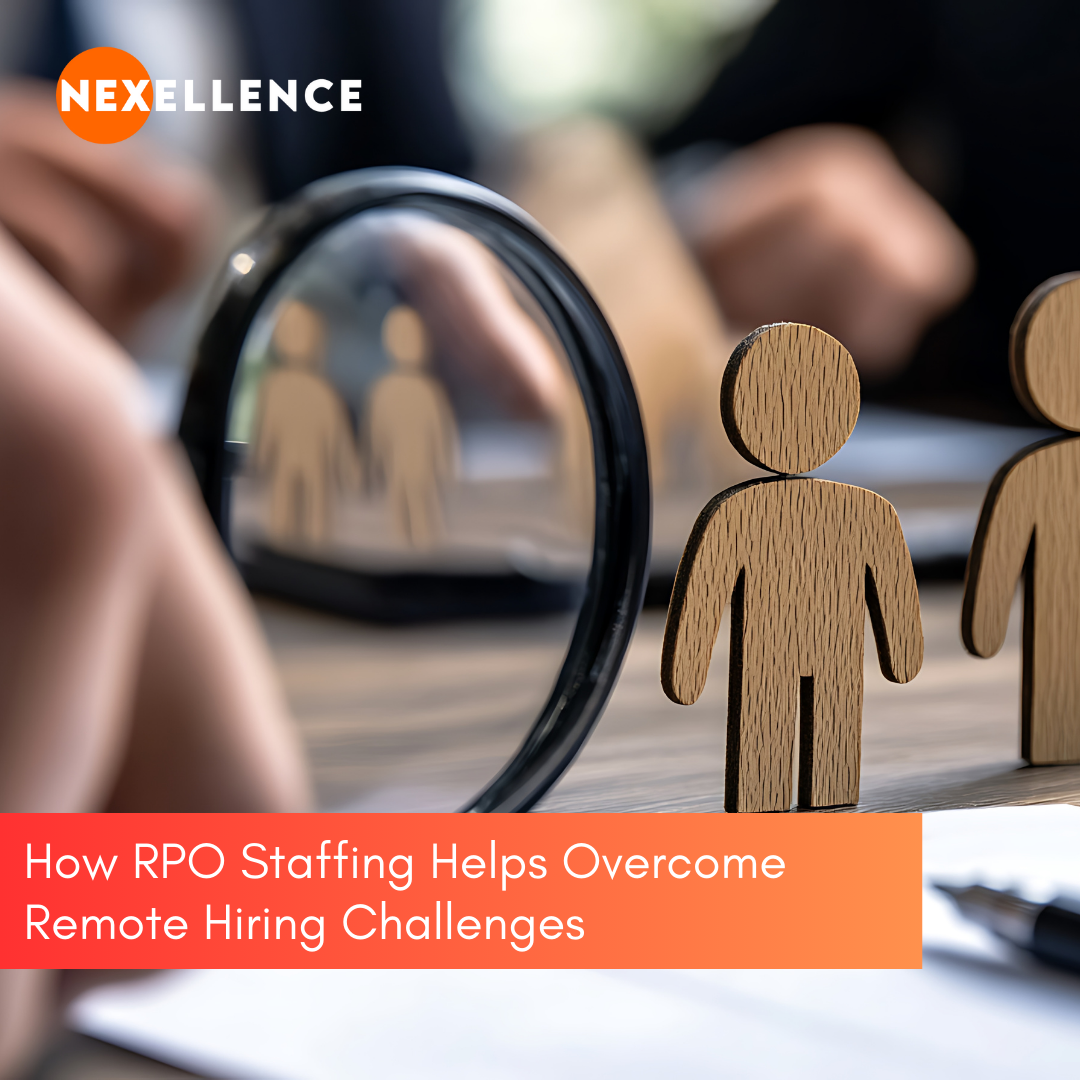As we move into 2024, the recruitment cycle is evolving rapidly, influenced by technological advancements, changing candidate expectations, and shifting business needs. Here’s what we can expect from recruitment in the upcoming year:
1. The Rise of AI and Automation in Recruitment
AI will continue to reshape the hiring process in 2024. From resume screening to interview scheduling, AI tools will automate repetitive tasks, helping recruiters focus on more strategic aspects of talent acquisition. Machine learning algorithms will improve the accuracy of candidate selection, reducing biases and enhancing the efficiency of the hiring process.
2. Virtual and Hybrid Hiring Models
Remote work has become the new norm, and recruitment practices are adapting accordingly. Virtual and hybrid hiring models will dominate, allowing companies to tap into global talent pools and offer flexibility to both recruiters and candidates. Video interviews, virtual onboarding, and remote assessments will be key components of the 2024 recruitment cycle.
3. Emphasis on Diversity and Inclusion
Diversity and inclusion will remain a top priority for organizations in 2024. Companies will continue to invest in strategies that foster diverse talent pools. This includes using AI tools to minimize unconscious bias, as well as refining recruitment processes to ensure equitable opportunities for candidates from all backgrounds.
4. A Shift Toward Skills Over Experience
In 2024, employers will increasingly value skills over traditional qualifications and years of experience. With rapid technological change, organizations need candidates who can adapt quickly. Recruiters will place more emphasis on practical skills, certifications, and the ability to learn new technologies, helping companies stay competitive in a fast-paced job market.
5. Enhanced Candidate Experience
As the job market becomes more competitive, offering a positive candidate experience will be crucial. In 2024, recruiters will focus on clear communication, streamlined application processes, and personalized interactions. Job seekers will expect transparency in timelines, regular feedback, and a smooth, engaging experience from start to finish.
6. Data-Driven Recruitment Decisions
Data analytics will play a central role in recruitment in 2024. Recruiters will use data to assess candidate pipelines, measure the effectiveness of hiring strategies, and predict future talent needs. By leveraging data, organizations can optimize their recruitment processes, reduce turnover, and make more informed decisions.
7. Flexibility in Work Arrangements
The demand for flexible work arrangements, such as remote, hybrid, and flexible hours, will continue to grow. In 2024, employers will be increasingly expected to offer flexibility to attract top talent. Recruitment cycles will reflect this shift, with companies highlighting their commitment to work-life balance and providing flexible employment options in their job listings.
8. Growing Gig Economy and Freelance Opportunities
With the rise of the gig economy, more organizations will consider freelance and contract workers for short-term projects or specialized roles. In 2024, recruitment cycles will include a mix of permanent hires and gig workers, especially in industries like tech, marketing, and creative fields, where specialized skills are in high demand.
Conclusion
The recruitment cycle in 2024 will be marked by technological innovation, a stronger focus on diversity and inclusion, and a shift toward skills-based hiring. As the workforce continues to evolve, organizations must stay agile, leveraging new tools and strategies to attract, engage, and retain top talent. For job seekers, the emphasis will be on showcasing adaptability, relevant skills, and the ability to thrive in dynamic, remote-friendly environments. The recruitment landscape in 2024 will be more competitive, but also more inclusive and flexible than ever before.





